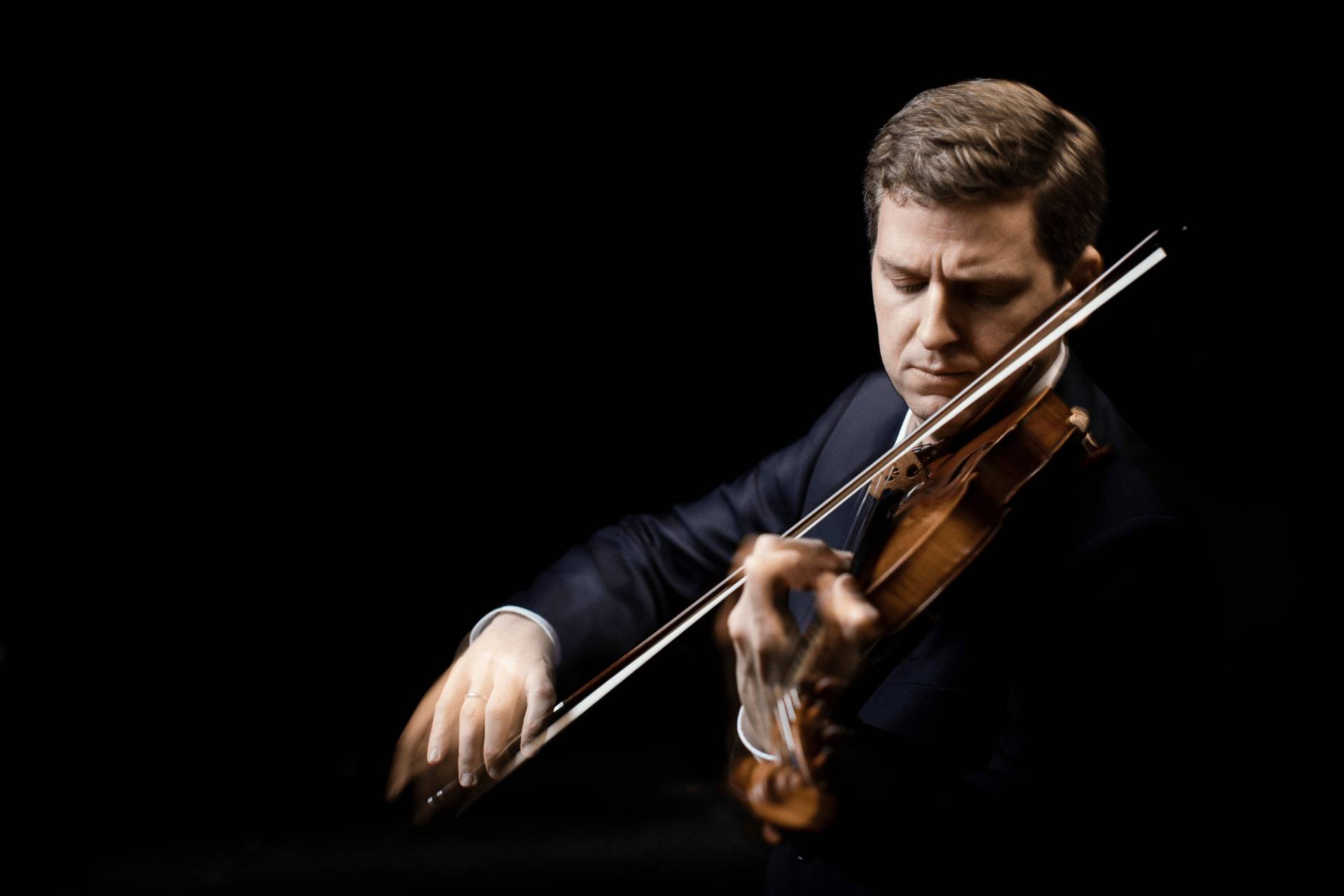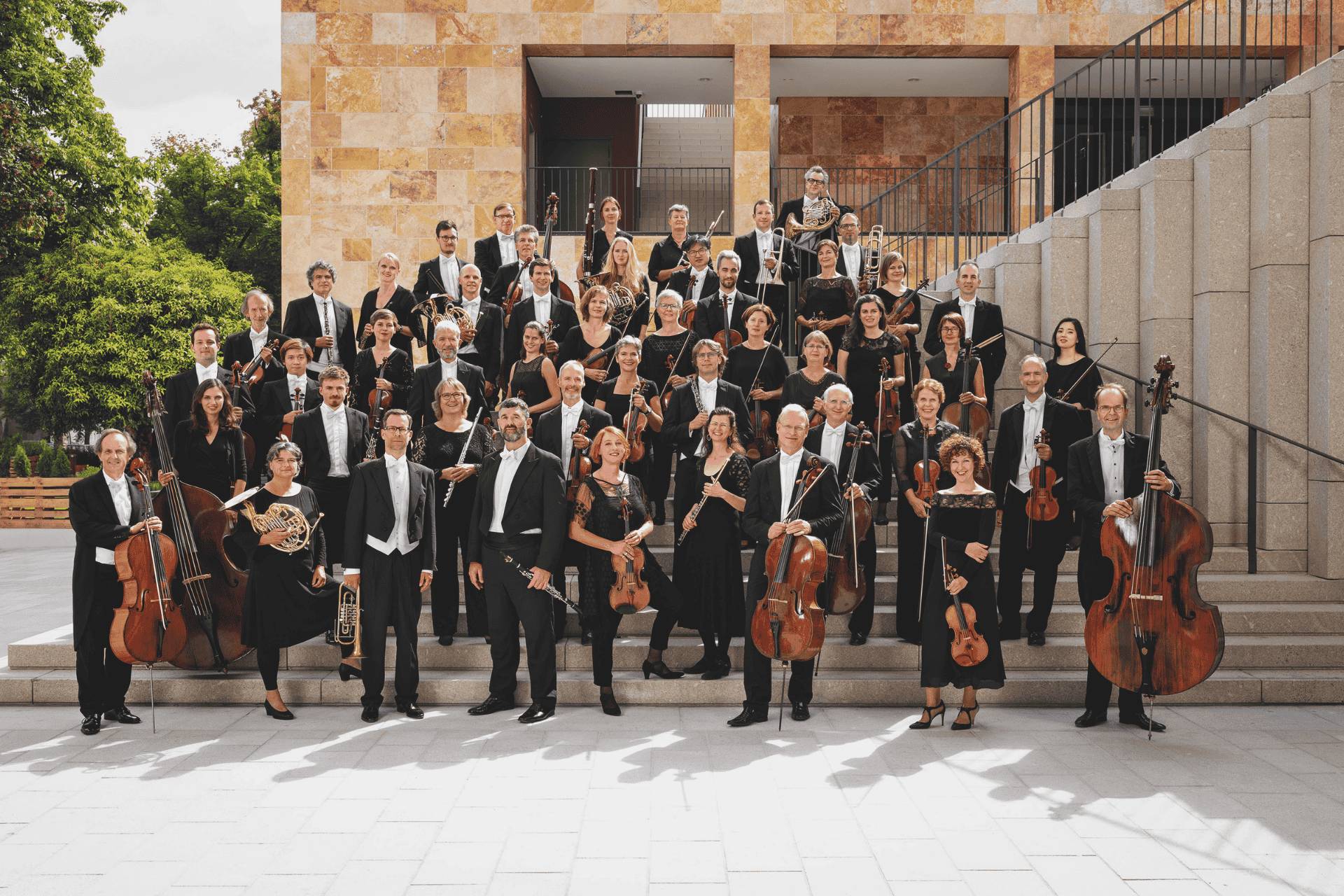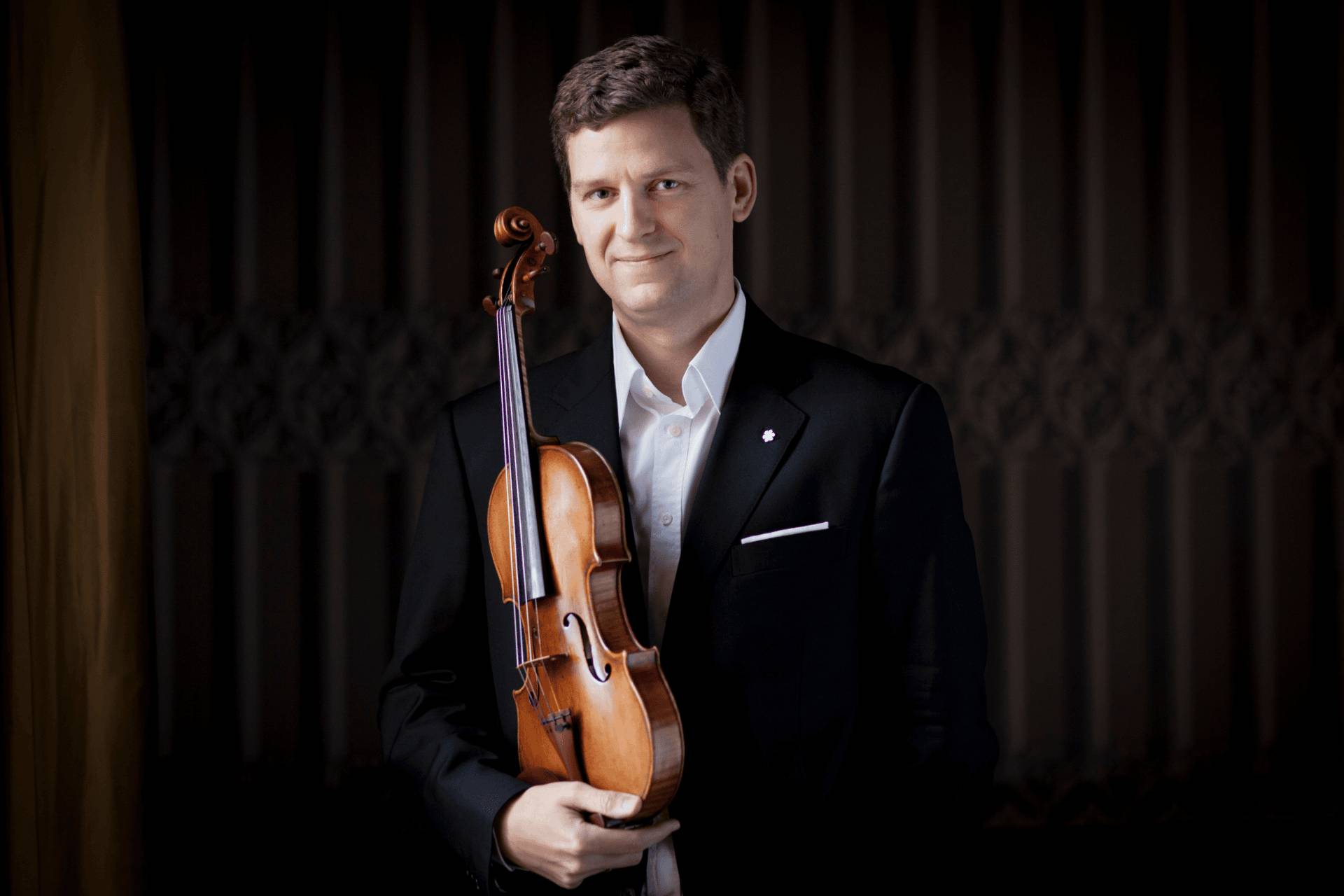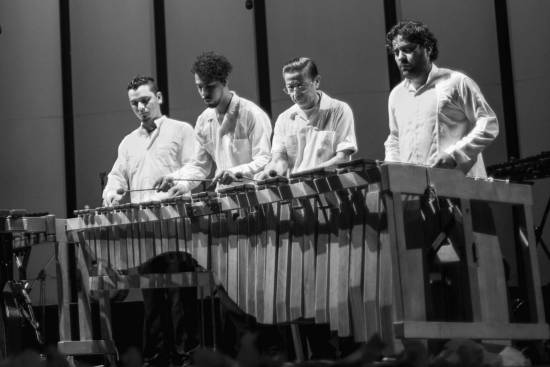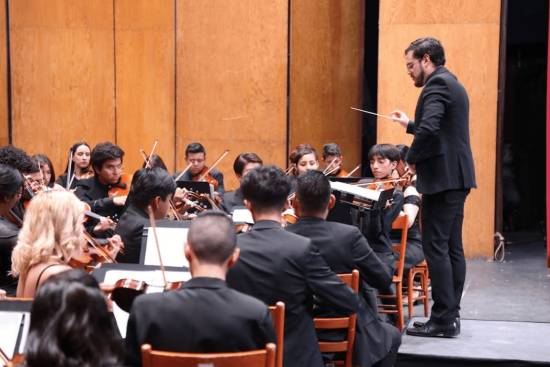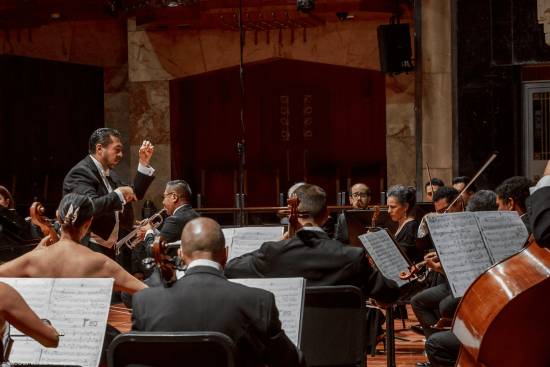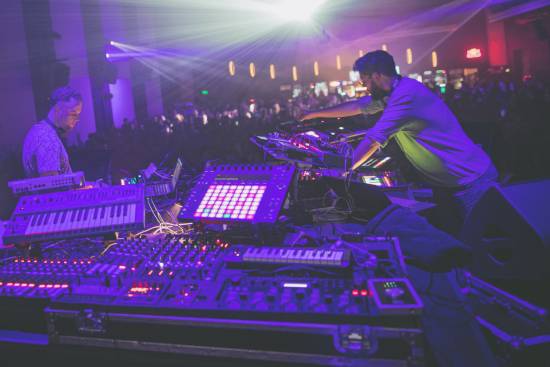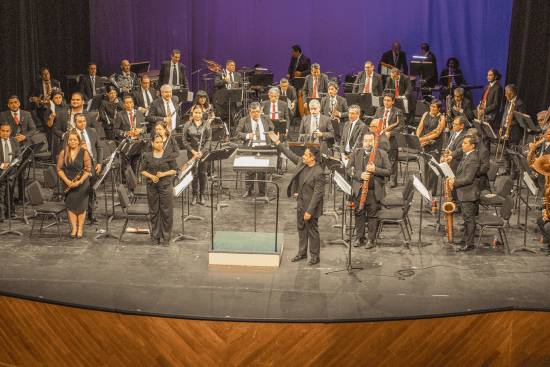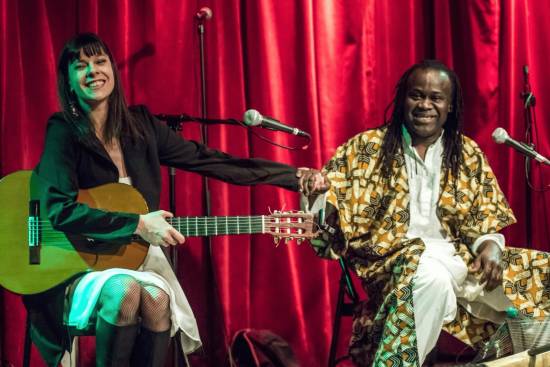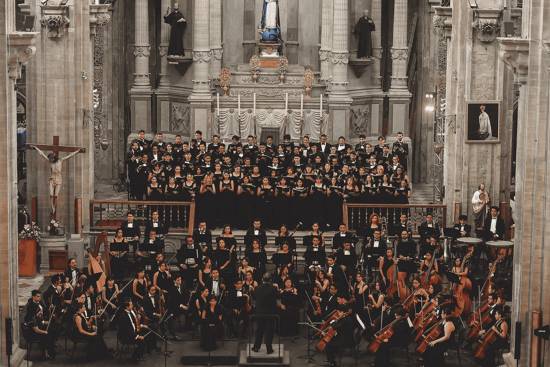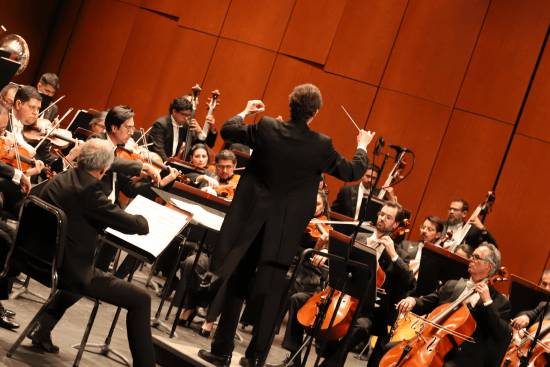This program celebrates the European spirit and the Romantic vision of the 19th century through three key composers. Franz Schubert composed his Overture in C major, Op. 170 in 1817, drawing inspiration from Italian opera buffa, especially Rossini. Although it may be one of his lesser-known works, he managed to infuse it with cheerfulness, freshness, and emotion.
On the other hand, Ludwig van Beethoven’s Violin Concerto in D major, Op. 61, written in 1806 for the violinist Franz Clement, is distinguished by its expansive lyricism. Through this work, the German composer laid the foundations of the Romantic violin concerto, contributing elements such as sustained melodic development in the upper register.
Finally, Felix Mendelssohn’s Symphony No. 4 in A major, Op. 90, “Italian,” was completed in 1833 after a journey through Italy. Despite being one of the German composer’s most technically and orchestrally complex works, it is also among the most popular and joyful in his repertoire. Mendelssohn himself conducted the symphony’s premiere in London on May 13, 1833, during a concert of the Philharmonic Society.
Programme
Artists
Press quotes
Alexander Hall
The Guardian
Der Standard

